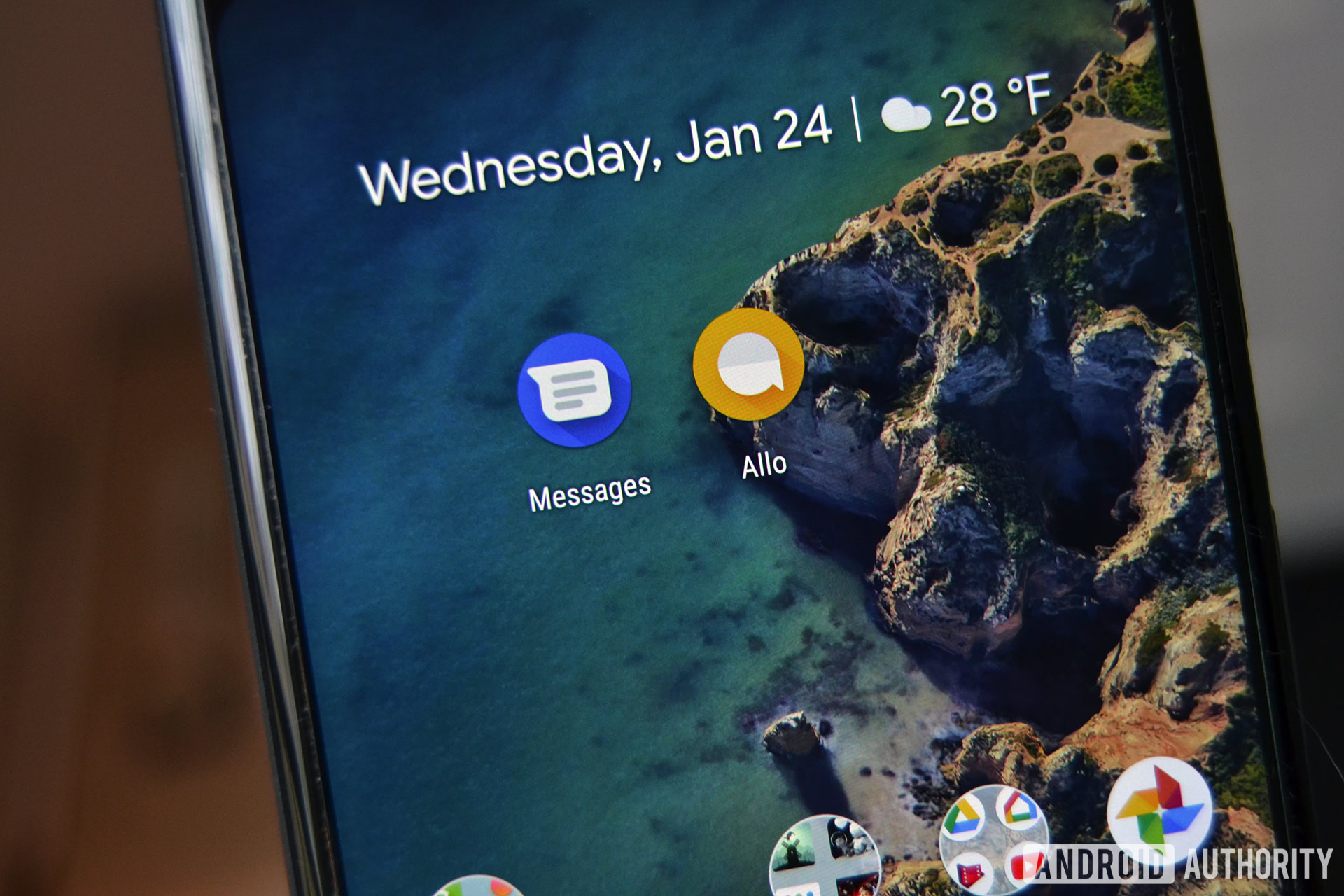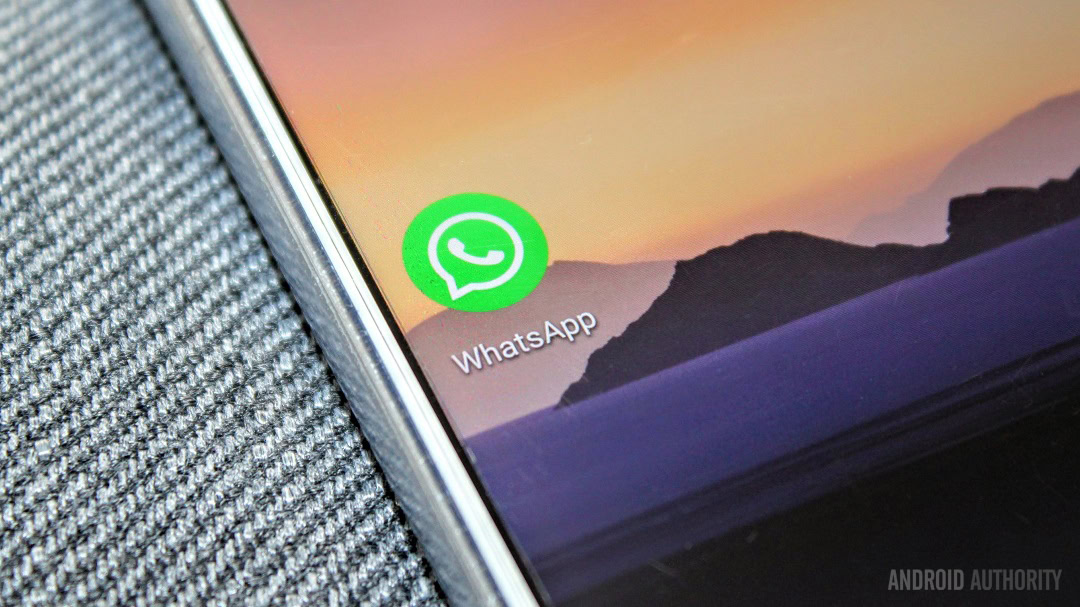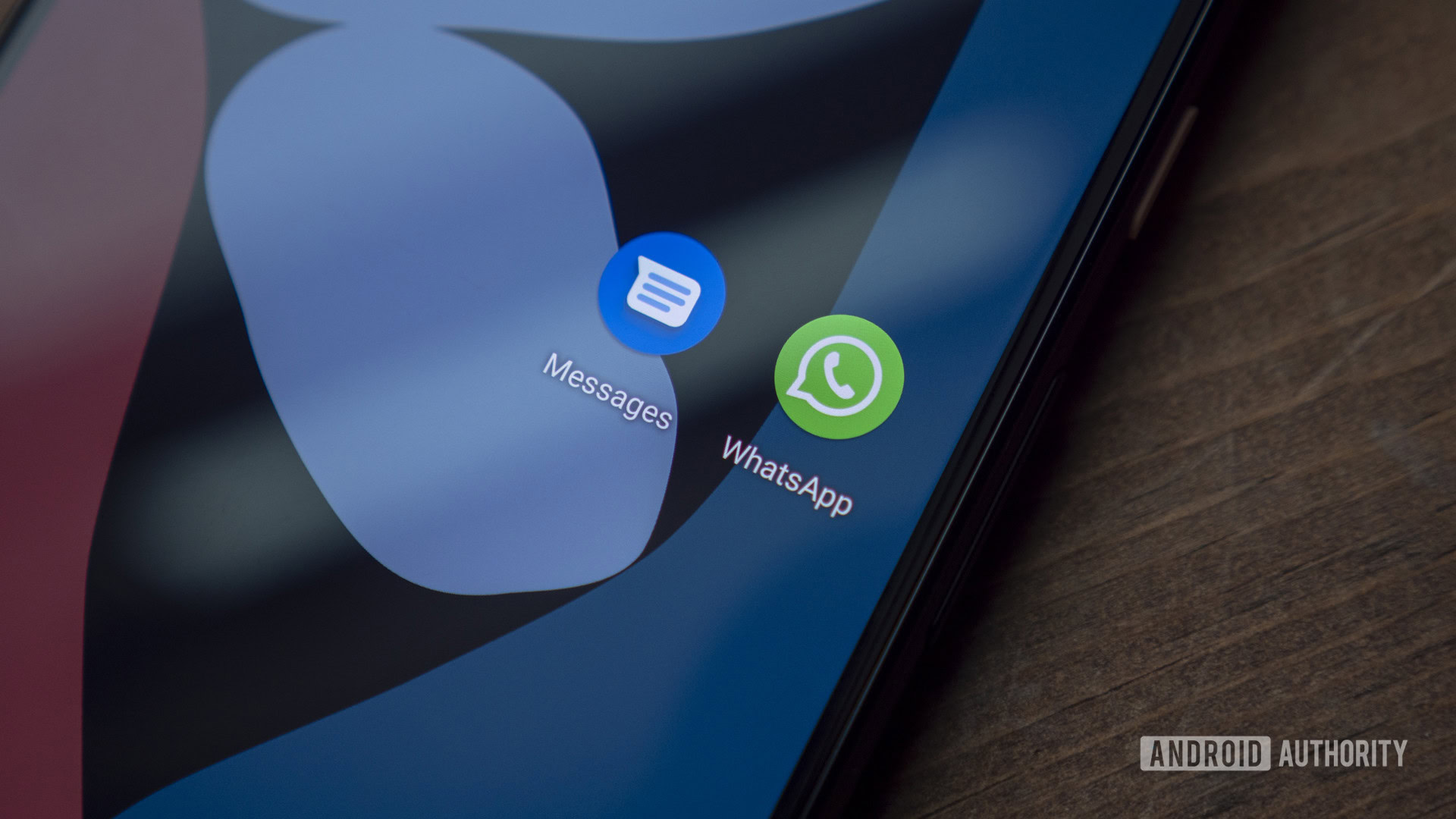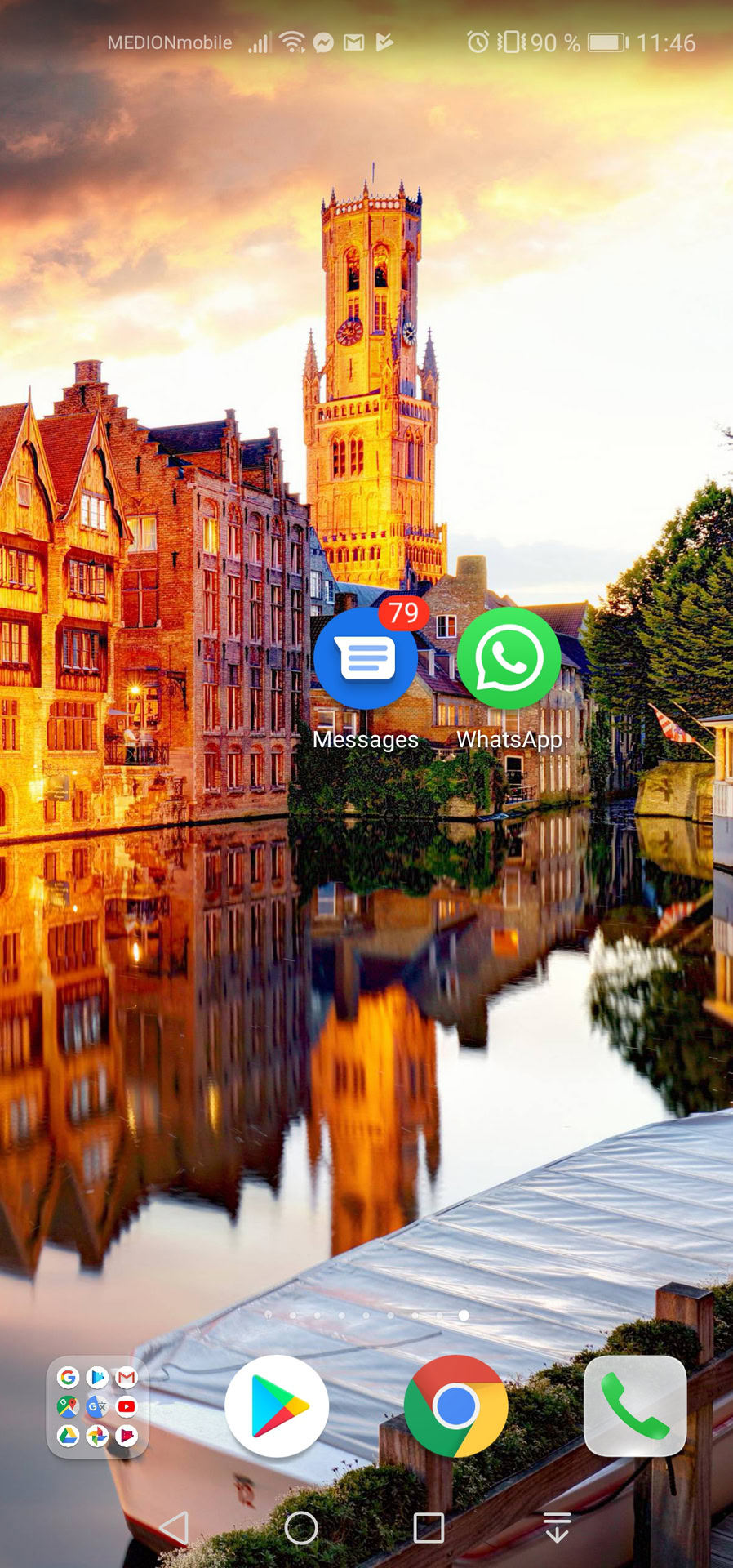Affiliate links on Android Authority may earn us a commission. Learn more.
RCS messaging: Why I'm not hyped

We learned earlier this week Google is taking over the roll-out of Rich Communication Services (RCS) on Android, launching trials this month. The messaging service upgrade is headed to France and the U.K. initially and will hit more countries before the end of 2019. Eventually, it’s set to arrive in global markets.
Though the Global System for Mobile Communications Association (GSMA) has been developing RCS for a decade, you’re likely to have heard it come up more in the last three years since the universal profile was defined. Yet many people still don’t fully understand why it’s important or how they’ll benefit from it.
I think I know why: for lots of Android users, it isn’t and they won’t.
A quick RCS explainer
We have a comprehensive overview of what RCS is in Rob Triggs’ explainer, but the gist is that it’s an upgrade to the SMS messaging standard arriving with a slew of new features. These include:
- Up to 10MB image sharing
- Group chats
- Location sharing
- Message read receipts
- Typing indicators (showing when someone is typing a message)
- Video calling
Once Google rolls it out, users will be able to send RCS messages to other contacts with RCS support via the default Android Messages app. It will be an opt-in service during the early trials in France and the U.K.
Why are people excited about it?
One of the main reasons RCS is causing a stir is because it brings Android’s messaging closer to Apple’s iMessage. iPhone users have enjoyed this messaging service for years and Android owners haven’t had a direct equivalent.
RCS is causing a stir is because it brings Android’s messaging closer to Apple’s iMessage.
RCS is also standardized, meaning every Android phone — once it has rolled out completely — will benefit from the same messaging system, without anybody needing to download an additional app.
For example, you can’t currently send a 10MB image file to a contact who doesn’t own a messaging app which supports 10MB images. With RCS, sending such a file wouldn’t be a problem as long as they had an Android phone.

This sounds great, what’s your problem?
I agree, read receipts, group chats, and high-quality photo sharing are all nice messaging features. Brilliant features, really. That’s why I’ve been taking advantage of them for years with apps like Facebook Messenger, WhatsApp, and Telegram.
This is the crux of why I’m not hyped — RCS offers nothing significant an app I’ve used for years does not. It’s just a watered-down version of one of those free apps without end-to-end encryption. (End-to-end encryption may feature in RCS at some point but it won’t be there at launch.)

You could argue RCS means you’ll be free of the shackles of using a third-party messaging app, but this isn’t a particular problem if you already use one: it’s the difference between tapping this icon here or tapping that icon there.

Of course, the universal nature of RCS means you’ll have messaging app-like features without your contacts needing the same app as you. Yet if you had badly wanted those features before, you could have downloaded a suitable messaging app years ago like the billions of WhatsApp and Facebook Messenger users have.
Businesses already leveraging SMS and MMS to spam you with ads may only up their game with RCS.
RCS may also open the doors to even more unwanted ads. Though there’s a chance we will benefit from RCS-enriched appointment updates from our doctors, or Amazon order information, businesses already leveraging SMS and MMS to spam you with ads may only up their game.
Further, RCS won’t benefit regions without consistent access to Wi-Fi or 3G/4G data as you might expect — its advanced features still rely on an internet connection.
It’s fine
I don’t want to rag on RCS just for the sake of it. It’s fine, it’s progress; it may appeal to people who refuse to use anything owned by Facebook or whose contacts refuse to pick up an alternative messaging app just for them.
All I’m saying is: if you already wanted the features RCS offers, you’re probably using a messaging app by now. And if you are, RCS support isn’t going to be a big deal for you. In fact, you may not even notice it’s there at all.
Disagree? I’ll stick around for a bit in the comments, let me know where you stand.